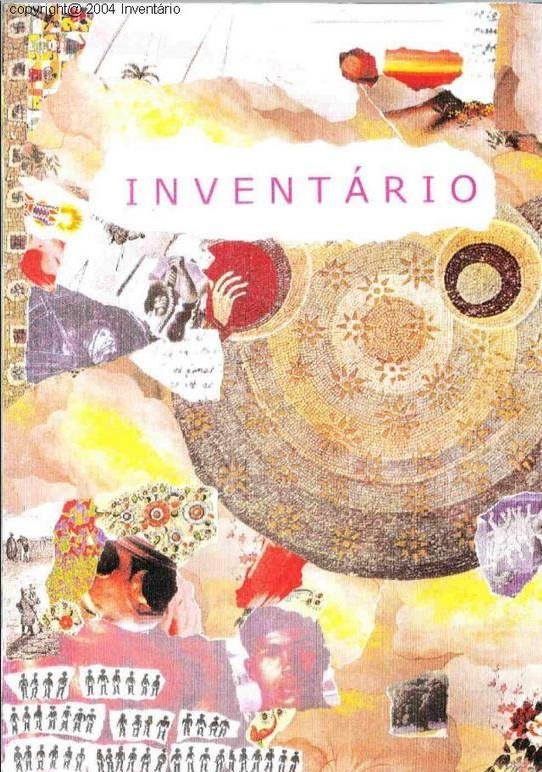LALELA
OCCUPYING KNOWLEDGE PRACTICES AND PROCESSES IN HIGHER EDUCATION IN SOUTH AFRICA (UCT AS CASE STUDY)
Abstract
This paper is based on a seminar paper presented 1 March 2016 at the University of Cape Town, South Africa. It discusses the importance of contextualizing the #RhodesMustFall Movement at the University of Cape Town (UCT) within a wider historical-spatial context of colonialism and neo-liberalism. The “lack of listening” has historical roots in colonialism since the 1600s in South Africa and has become integral to the systemic culture of institutional racism experienced at the historically white UCT which can be traced to the apartheid era. This systemic challenge is further contextualized within the neo-liberal economic policies since 1994 that has left much unchanged, leading to rage on university campuses in the aftermath of the Marikana massacre of 2012 and related anti-poor policies in urban areas such as Cape Town (where the university is situated). The university and country are called upon to “listen deeply” (lalela) as the local indigenous communities (of Khoi and San descent), black communities (in their inclusivity), and the vast majority of poor people start to occupy spaces perceived as having betrayed 1994. There is a crisis in the state reflected in increased poverty and the threat to constitutionality (political leadership and xenophobia etc.) that impacts directly on the historically white university (curricula and exclusion of essential knowledge) - hence the urgency for “deep listening” as both political-economic and knowledge production imperatives towards a transformed South Africa.







